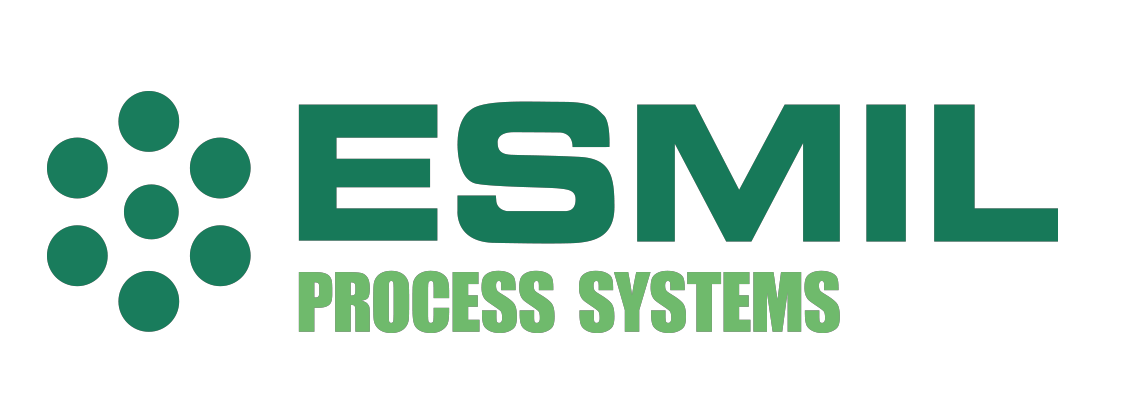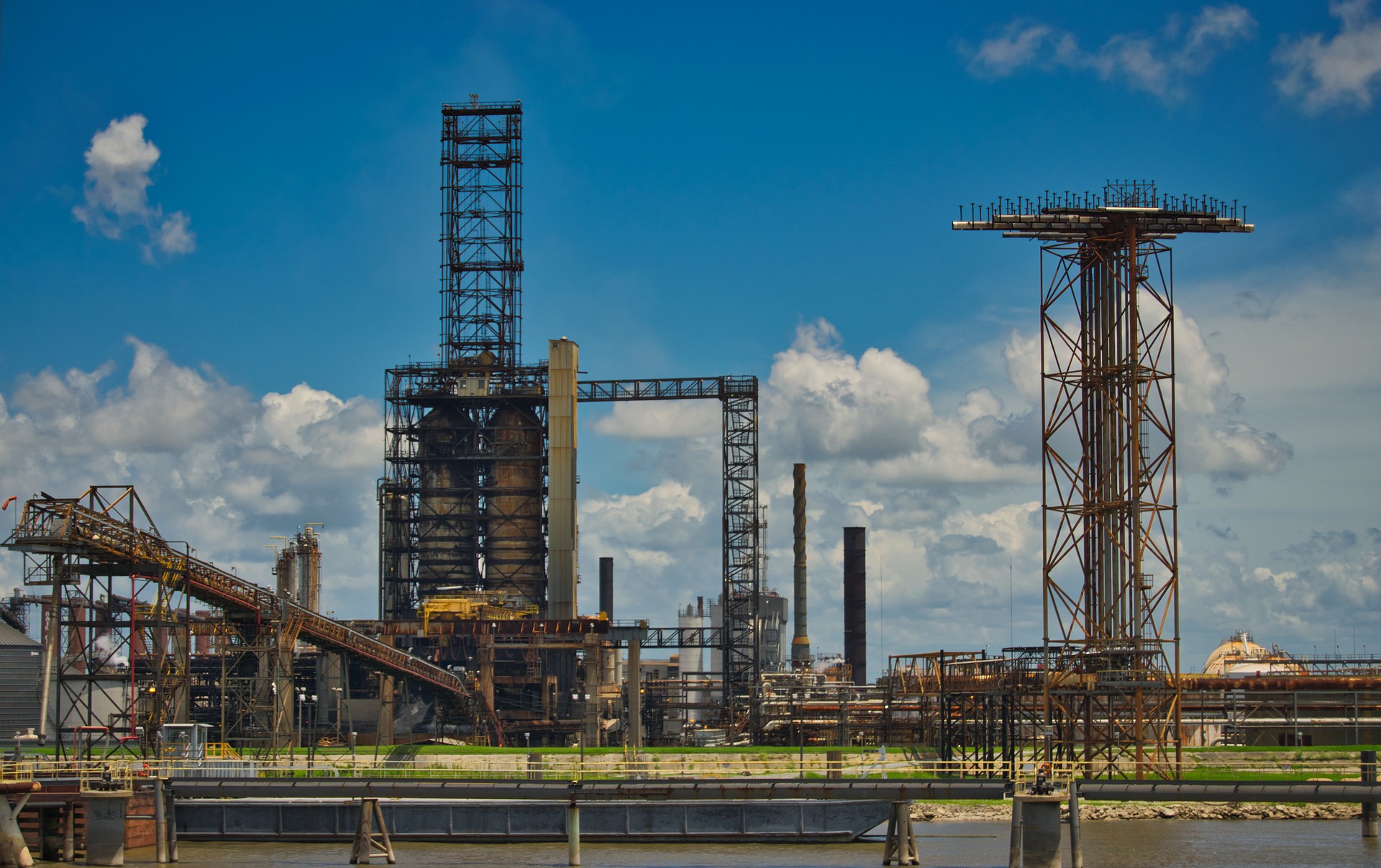Esmil has constructed numerous wastewater treatment plants in the Oil/Petroleum industry. From bench scale studies through to full scale plant operations, Esmil offers BAT (Best Available Technology) using state of the art membrane separation and solid/liquid separation processes.
Esmil wastewater treatment technology for the Oil industry is a combination of physico-chemical pre-treatment methods such as Corrugated Plate Interceptors (CPI) or Dissolved Air Flotation (DAF). Membrane technologies and polishing methods (Ion Exchange and/or Activated Carbon) are applied to meet the most challenging discharge specifications.
Esmil offer a range of solids removal and oily-water separation process technologies applicable across the entire range of effluents from upstream, midstream and downstream oil operations including:
- Produced Water – separated during the separation of crude oil
- Desalter Water – generated during crude oil washing
- Ballast Water – for incoming sea tankers
- Terminal and Refinery Process Drainage – oil spills and general oily waste waters
Esmil offer systems for both onshore and offshore installations. Services include project management, design and engineering, specification and procurement, delivery and installation.
Produced Water Treatment
Produced Water Treatment utilises conventional separation processes for the removal of bulk contaminants, followed by multi-stage membrane separation and absorption processes to achieve low levels of contaminants in the treated effluent. This philosophy enables the plant to function reliably, even with wide range of variations in feed quality.
Conventional pre-treatment, such as Corrugated Plate Separation, Hydro-cyclones, Air Flotation or Sand Filtration is used to remove the bulk of the oil and suspended solids. The ‘clarified’ water is physically polished by ultrafiltration (UF), which reduces oil concentration to less than 0.3 mg/l, and suspended solids to below the limits of detection.
The oil and suspended solids-free water is treated using nanofiltration (NF) which removes the bulk of heavy metals and organic compounds. Trace organics and heavy metals in the nanofiltration permeate are removed by Activated Carbon absorbers and selective Ion-Exchange resins. The pre-treatment by nanofiltration significantly increases the bed life of these two media.
Oil Recovery
Ultrafiltration concentrate is recycled to the front end of the process and concentrated oil from the CPI unit is reclaimed on site. The various sludge and aqueous waste streams are combined before undergoing precipitation, flocculation and filtration, to produce a ‘cake’ for landfill, and a filtrate that can be recycled through the process.
The degree of treatment is designed to meet client specified limits such that the treated water is suitable for re-use on site or discharge to water course.
For more details, please fill in the contact form or contact info@esmil.co.uk

